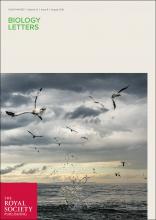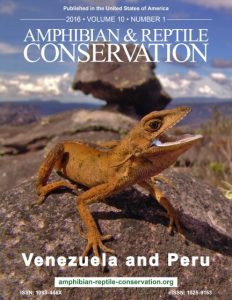 A top federal U.S. court has confirmed a decision by the National Science Foundation (NSF) to deny federal whistleblower protection to an ecologist who was fired after accusing a colleague of fraud.
A top federal U.S. court has confirmed a decision by the National Science Foundation (NSF) to deny federal whistleblower protection to an ecologist who was fired after accusing a colleague of fraud.
After initially forcing NSF to more clearly explain its decision, the Denver-based U.S. Court of Appeals for the 10th Circuit has agreed with the conclusions of NSF’s updated investigation, denying former Kansas State University researcher Joseph Craine’s appeal.
Attorney Paul Thaler, who has handled cases involving scientific misconduct (but was not involved with this one), told Retraction Watch that the latest decision appears to be the end of a cautionary tale of how not to report misconduct.
Continue reading Ecologist loses appeal for whistleblower protection
 Despite continuing to vigorously defend their work, the authors of a controversial paper about the effects of human pollution
Despite continuing to vigorously defend their work, the authors of a controversial paper about the effects of human pollution 


 In August, Science told us it was
In August, Science told us it was 

